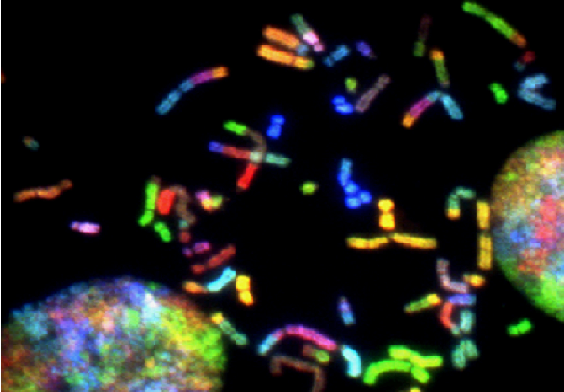March 9, 2021: “Novartis announced today the Phase III CANOPY-2 study evaluating canakinumab (ACZ885), an inhibitor of interleukin-1beta (IL-1β), in combination with the chemotherapy agent docetaxel, did not meet its primary endpoint of overall survival (OS).
The trial was conducted among 237 adults with locally advanced or metastatic non-small cell lung cancer (NSCLC) whose disease progressed while on or after previous platinum-based chemotherapy and PD-(L)1 inhibitor immunotherapy.
Two Phase III CANOPY trials continue, evaluating canakinumab in first-line and adjuvant settings.
Novartis and CANOPY-2 investigators will analyze the study data and are expected to submit its findings for presentation at an upcoming medical meeting.
“While results from the CANOPY-2 trial are not what we hoped for in patients with advanced or metastatic non-small cell lung cancer who have been treated with other lines of therapy, these data give us valuable insights into IL-1β inhibition,” said John Tsai, MD, Head of Global Drug Development and Chief Medical Officer at Novartis.
“Ongoing Phase III studies in non-small cell lung cancer continue, evaluating canakinumab in earlier treatment settings. We sincerely thank the patients and clinical investigators involved in the CANOPY-2 study for their partnership.”
CANOPY-1, a Phase III study evaluating canakinumab in combination with immunotherapy and chemotherapy, is expected to report final results before the end of the year.
CANOPY-A, another Phase III study, is investigating canakinumab as an adjuvant therapy and has enrolled more than 950 patients to date and is expected to enroll a total of 1,500 patients.
About canakinumab (ACZ885)
Canakinumab is a human monoclonal antibody that binds with high affinity and selectivity to human interleukin-1beta (IL-1β) and neutralizes IL-1β activity by blocking its interaction with its receptors.
By neutralizing IL-1β, preliminary evidence suggests that canakinumab inhibits pro-tumor inflammation (PTI) to 1) enhance anti-tumor immune response; 2) reduce tumor cell proliferation, survival and invasiveness; and 3) impair angiogenesis.
Pro-tumor inflammation enables tumor development by driving cancer-causing processes and by suppressing anti-tumor immune responses. Canakinumab is a first-in-class interleukin-1beta (IL-1β) inhibitor of PTI in non-small cell lung cancer.”


